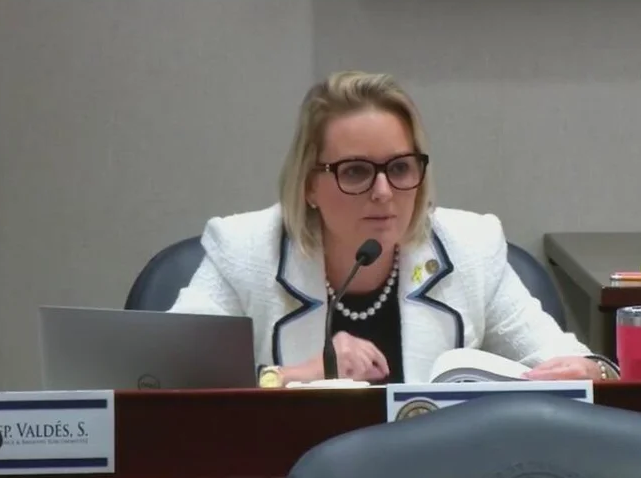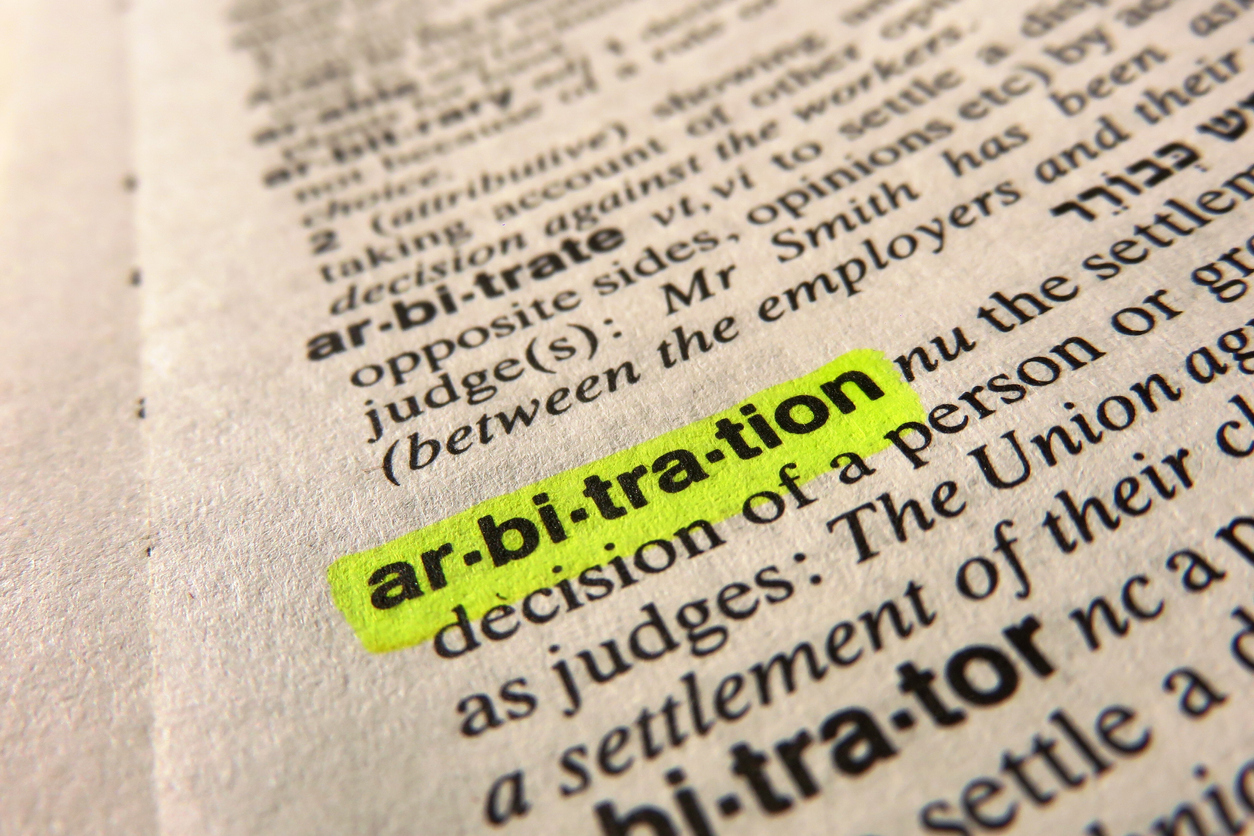A recent Florida case1 has a lengthy discussion about cases where changing valuations by the insured are then used by clever insurance company attorneys to argue that a post-loss fraud has occurred. This is now a common practice in litigation throughout the country as policyholders, public adjusters, and contractors make differing estimates of loss and have different opinions about what the measure of the loss should be.
These cases are not where a policyholder paid somebody a sum certain for a full and satisfactory replacement of property and then submitted changed invoices or intentionally misstated what was actually incurred. It also does not include the situation where a policyholder intentionally changes an estimate or obtains an invoice to make it knowingly higher to obtain “leverage” with the insurance company to bargain the amount of the loss. Those types of intentional cases will get noted on Barry Zalma’s blog about insurance fraud.
There is rarely an exact price of loss for any damaged real or personal property. A reasonable amount of loss is a range, and it can vary quite a bit. When the scope and methods of how to repair or replace something are in disagreement, the ranges can be quite significant and still be good faith opinions and views of the amount of a loss. So, just looking at numbers and the differences is often not an indicator of intentional fraud by either the policyholder or the insurer.
Did I say “insurer?” Yes, an insurer can intentionally make up underestimated amounts of loss. The American Policyholders Association was organized just to stop these instances of insurer misconduct that often go unreported.
The Florida case noted that the act of fraud requires some intentional act:
A century ago, the Florida Supreme Court read into a policy the requirement that a post-loss misrepresentation be intentional to void the policy. In U.S. Fire Insurance Co. v. Dickerson, 90 So. 613 (Fla. 1921), an insured filed suit to recover benefits under an insurance policy. The insurance company raised the affirmative defense that the insured had violated the ‘concealment or fraud’ provision of the policy, which provided:
‘This entire policy shall be void if the insured has concealed or misrepresented, in writing or otherwise, any material fact or circumstance concerning this insurance, or the subject thereof, or if the interest of the insured in the property be not truly stated herein, or in case of any fraud or false swearing by the insured touching any matter relating to this insurance, or the subject thereof, whether before or after loss.’
…That provision did not contain a specification that the insured’s concealment or misrepresentation had to be intentional to void the policy.
On the affirmative defense, the trial judge in Dickerson instructed the jury that ‘the [insurance company] would be required to show, not only that the plaintiff swore falsely, but that her oath was knowingly and willfully false and made for the purpose and with the intent of deceiving and defrauding the [insurance company].’…
The Florida Supreme Court held that the trial court had properly charged the jury, explaining that ‘the element of fraud must be present in any false swearing by the complainant in the proof of loss’:
This instruction was correct and contained no statement that was in variance with the law in such cases or the issues tendered by the plea. . . . The charge complained of was not erroneous, in that it announced the doctrine that the element of fraud must be present in any false swearing by the complainant in the proof of loss. The courts, almost without exception, hold to the doctrine that, in order to vitiate a claim for loss of property under a fire insurance policy by false swearing as to the goods destroyed or damaged, the element of fraud must be present, and in this respect the charge as given by the court is in line with the authorities in this country.
The court noted that mistakes which lead to overvaluations and good faith differences of opinion are not intentional misrepresentations that will void the policy:
Mere mistakes or errors in calculations will not suffice to void coverage ‘when these flow from the mistaken good faith judgment or opinion of the assured or his agents.’ J & H Auto Trim Co. v. Bellefonte Ins. Co., 677 F.2d 1365, 1372 (11th Cir. 1982) (quoting Chaachou v. Am. Central Ins. Co., 241 F.2d 889, 893 (5th Cir. 1957)); see also H.D. Warren, Annotation, Overvaluation in Proof of Loss of Property Insured as Fraud Avoiding Fire Insurance Policy, 16 A.L.R.3d 774 (1967) (‘It is well settled that where an insured person, in making proof of loss . . . , overestimates through mistake or inadvertence, the value of the property destroyed, the overvaluation does not amount to fraud sufficient to avoid the policy.’).
Because reasonable persons ‘may differ as to the values which they place on particular objects, the rule voiding a policy of insurance will not apply in its severity unless the proof of the false swearing was such that no other conclusion can be drawn than that a purposeful misrepresentation was intended.’ Berkshire Mut. Ins. Co. v. Moffett, 378 F.2d 1007, 1012 (5th Cir. 1967) (applying Florida law). Thus, ‘an overestimate of the value of goods lost in a fire, an error in judgment with respect to fixing a value, a mistake, or an inadvertence, will not render an insurance contract void.’ Id. In short, ‘[c]ontractors or adjusters may significantly differ in their estimates, and [the court] cannot presume that one estimate, merely because it is excessively higher, is rife with fraud.’ El-Ad Residences at Miramar Condo. Ass’n, v. Mt. Hawley Ins. Co., No. 09-60723-CIV, 2010 WL 8961438, at *7 (S.D. Fla. Sept. 28, 2010). ‘Mere overvaluation is not, in the absence of fraud, such a misrepresentation as will avoid the policy.’ Steven Plitt et al., 6A Couch on Insurance § 93:8 (3d. ed. 2020 update)….
There are some insurance defense attorneys that make these fraud allegations in over 90% of their cases. If they were statistically accurate, insurance would be the most flawed product ever designed because it makes otherwise innocent people into crooks after they have an insurance claim.
Thought For The Day
It is better to risk saving a guilty person than to condemn an innocent one.
—Voltaire
______________________________
1 Anchor Prop. & Cas. Ins. Co. v. Trif, No. 4D20-814, — So.3d —, 46 Fla. L. Weekly D1267a (Fla 4th DCA June 2, 2021).




